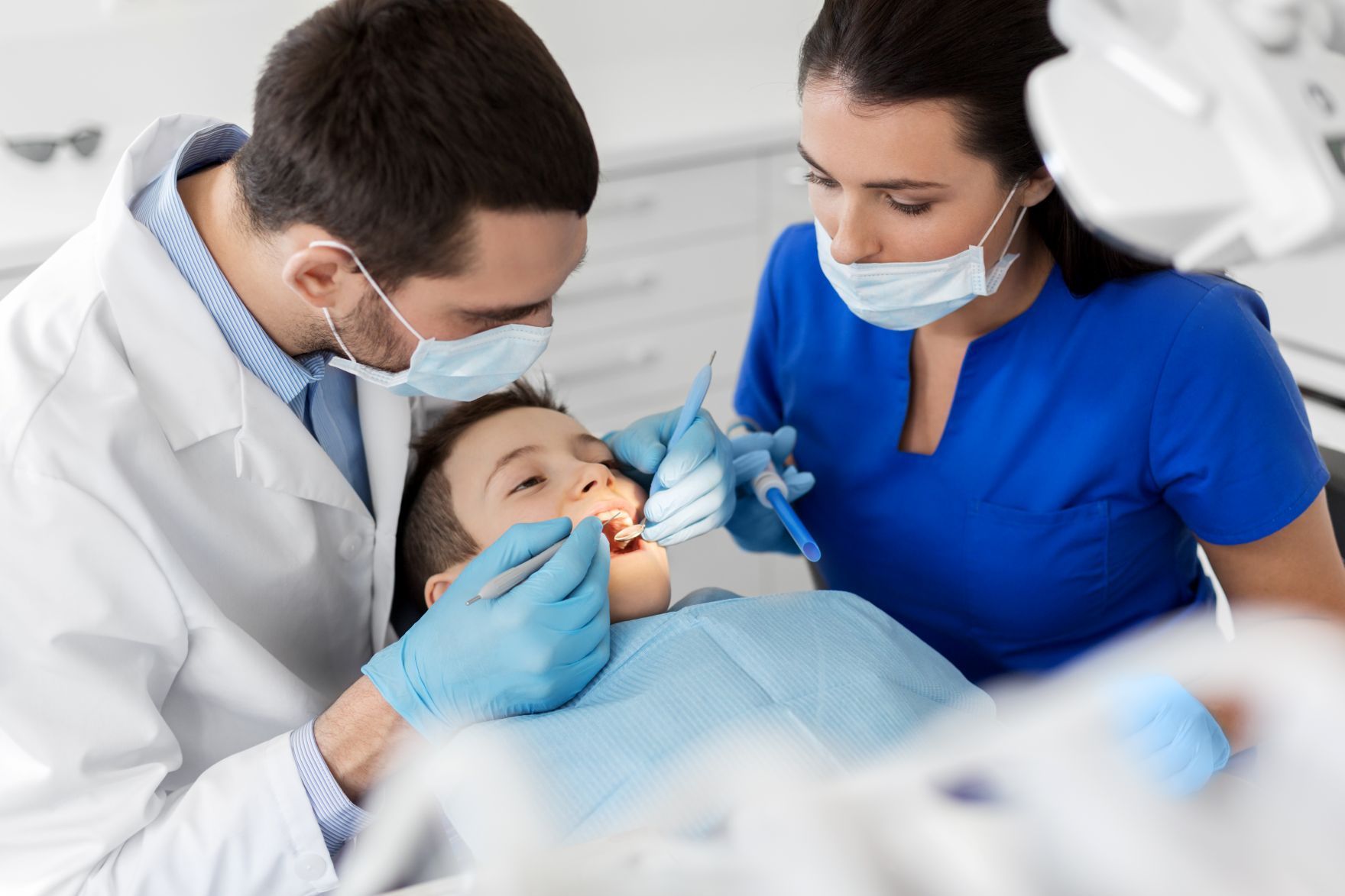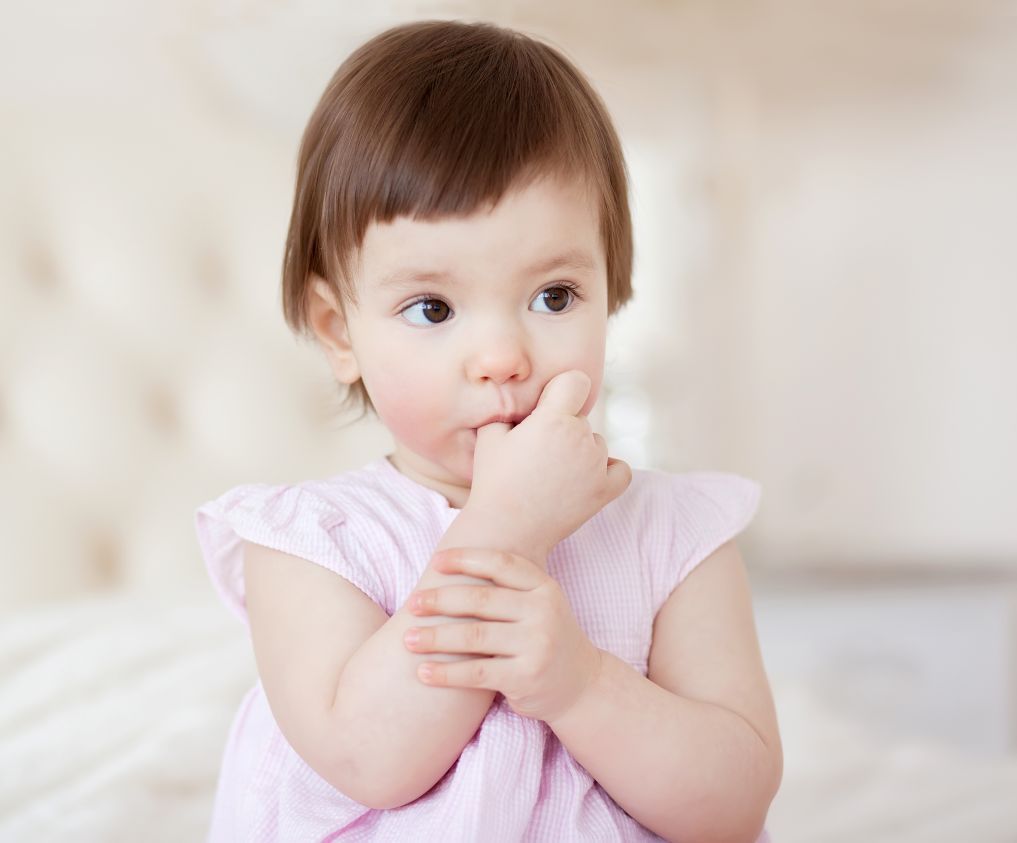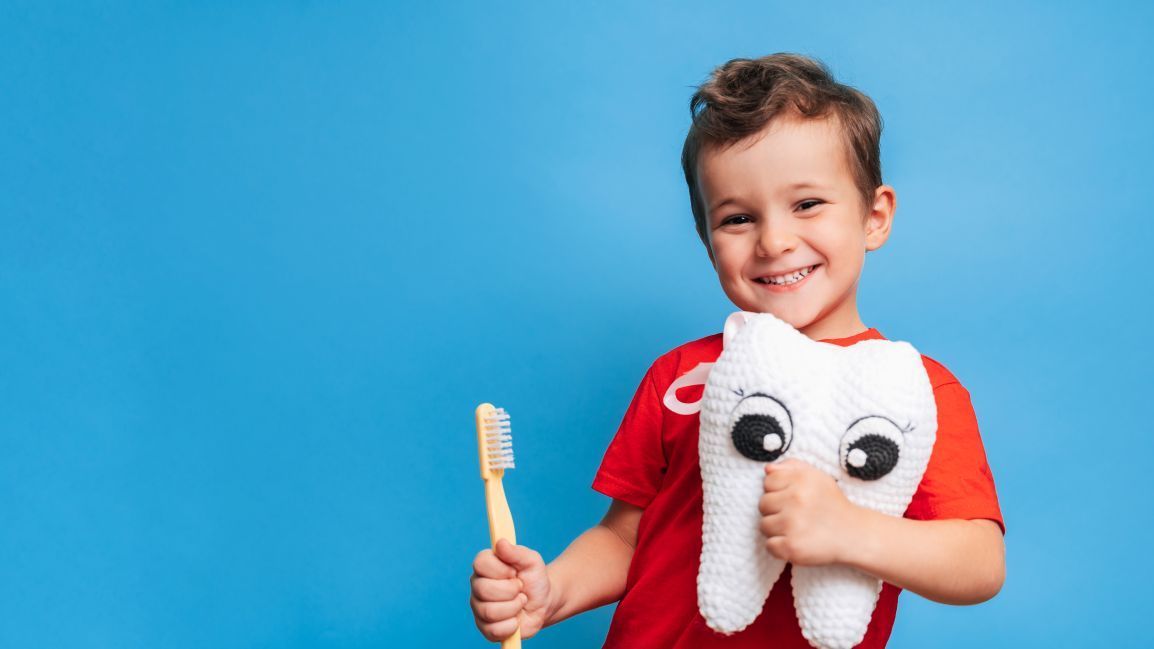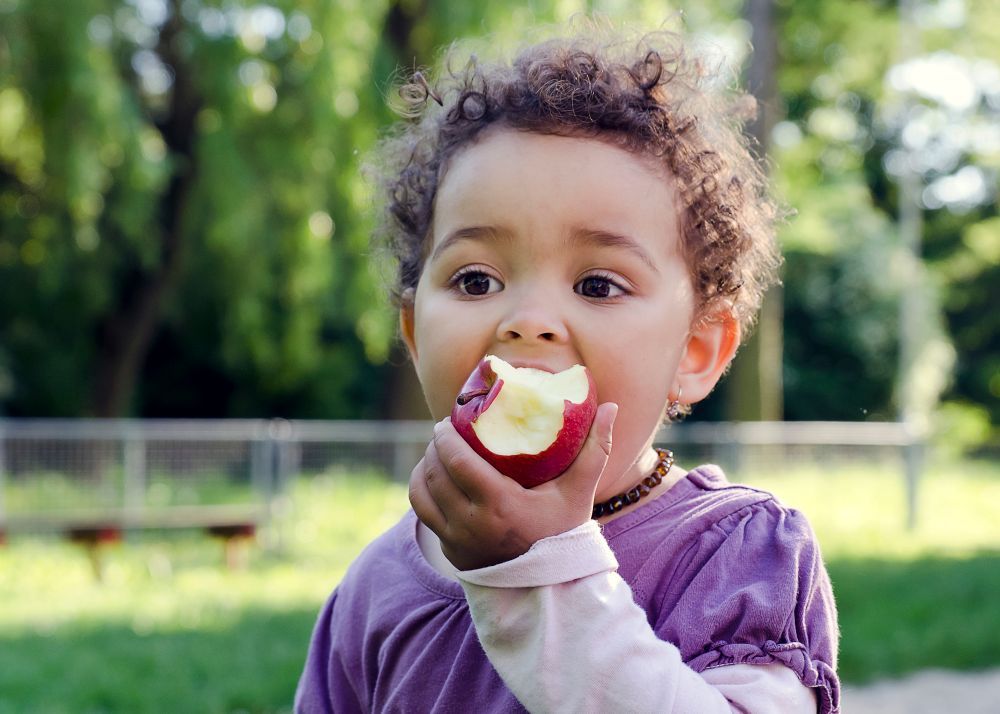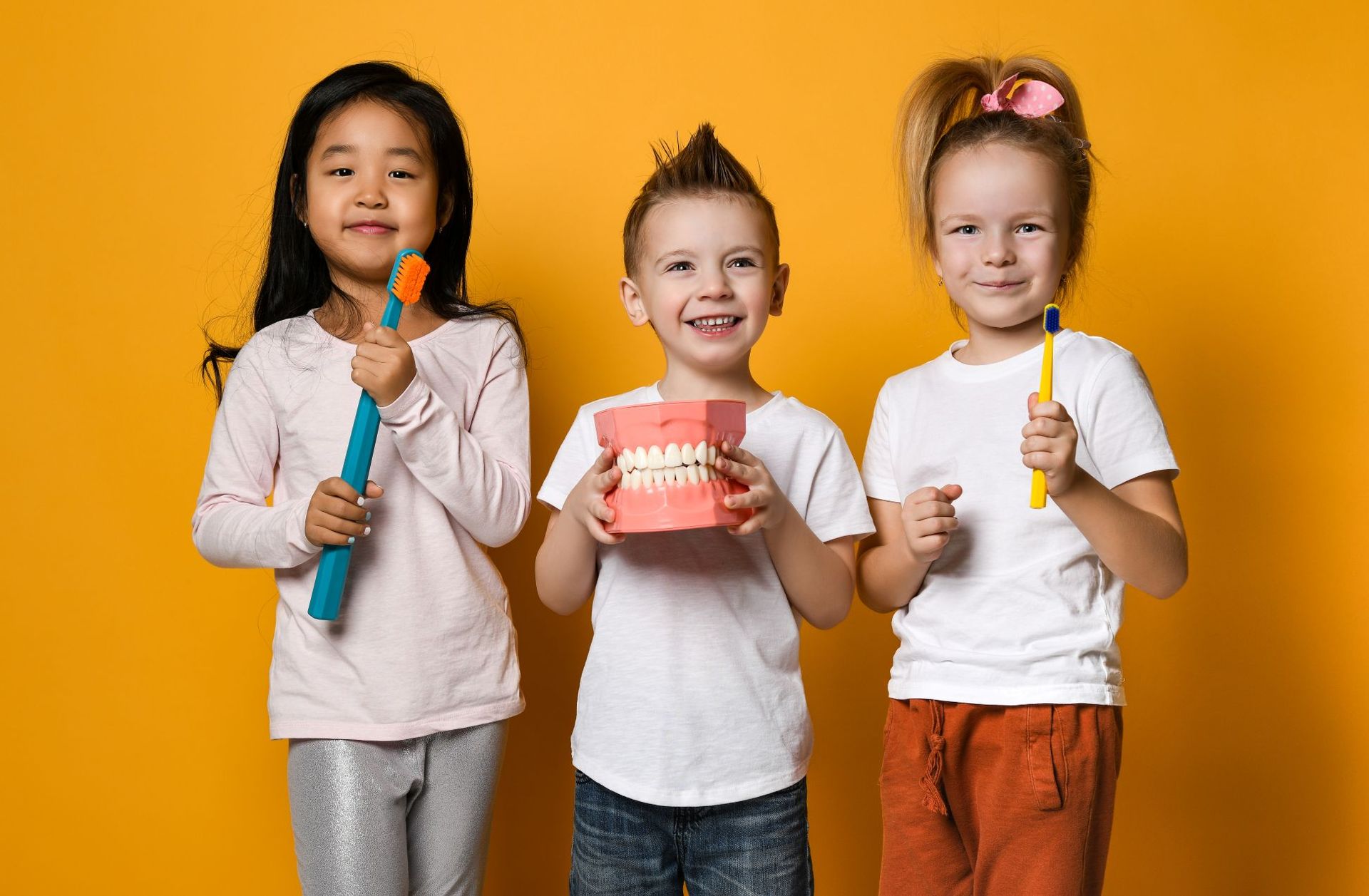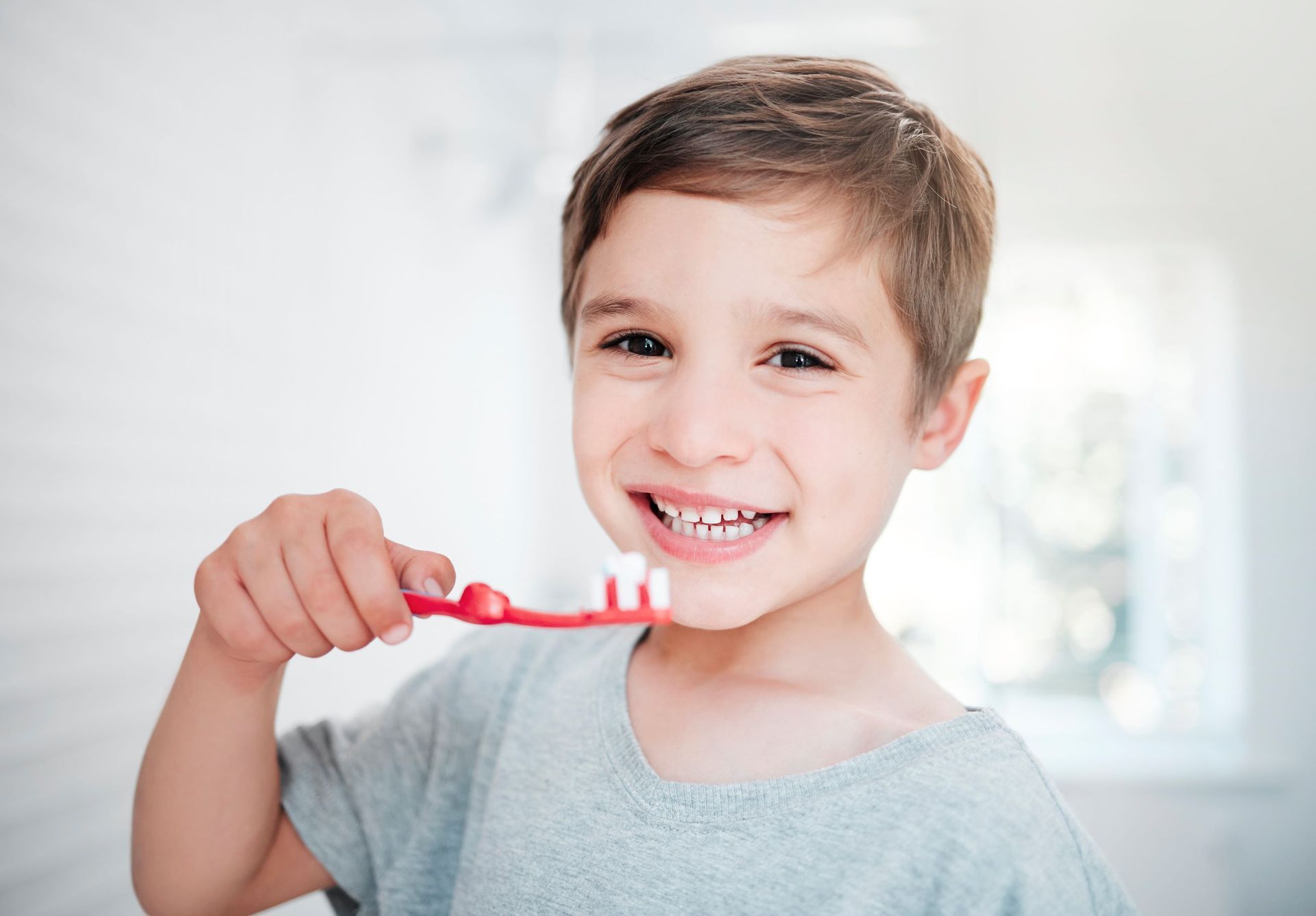Babies Teeth Grinding Guide

Learn about bruxism during early childhood teeth development
Watching your baby grow and develop is filled with countless exciting “firsts” - from their first smile to their first tooth. But along with these milestones, parents sometimes notice behaviors that can be confusing or even concerning. One common example is hearing a baby grind their teeth. The sound can be surprisingly loud, and the thought of tiny teeth rubbing together may make you worry about damage or pain.
The good news? For many infants, teeth grinding - also known as bruxism - is a normal part of early development. Still, understanding what causes it, how to manage it, and when to seek professional advice can help parents feel confident during this stage. This comprehensive guide walks you through everything you need to know about babies grinding their teeth.
What Is Bruxism in Babies?
Bruxism is the medical term for the repetitive grinding or clenching of teeth. While most people associate it with adults who grind at night due to stress or sleep issues, it’s actually common in babies and toddlers as well.
In infants, teeth grinding usually begins
after the first few teeth erupt, typically between 6 and 12 months of age. Those first teeth
play an important role in your child’s oral development. Since their teeth and jaw muscles are brand new, babies often experiment with the strange sensation of having teeth in their mouth. Some will clench, tap, or rub their teeth together - sometimes just once in a while, other times frequently throughout the day.
Though it can sound alarming, in many cases it’s simply your baby exploring and adjusting to this new stage of development.
Why Do Babies Grind Their Teeth?
The exact reasons for infant teeth grinding aren’t fully understood, but researchers and pediatric dentists have identified several common causes:
- Exploration and Curiosity: Babies are natural explorers. Just as they play with toys, chew on their hands, or bang objects together to test sounds, some grind their teeth to hear the unusual squeaking or crunching noise. It’s a way of experimenting with the capabilities of their little mouths.
- Teething Discomfort: Teething can bring swollen, itchy, or sore gums. Grinding may create counter-pressure that temporarily soothes gum discomfort. Just as chewing on a teether helps, grinding may be your baby’s instinctive attempt at relief.
- Uneven Bite or Tooth Alignment: When teeth first erupt, they don’t always line up perfectly. This temporary misalignment creates opportunities for grinding as the jaw and bite settle into place. As more teeth come in and the mouth develops, these imbalances often resolve on their own.
- Pain Relief from Ear Infections: Interestingly, some babies grind their teeth when they have an earache. The act of clenching can shift pressure in the jaw and inner ear, offering momentary relief. If grinding is accompanied by tugging at the ears, irritability, or fever, it may be worth checking for an ear infection.
- Response to Stress or Fatigue: Even infants can experience stress, whether from disrupted routines, separation anxiety, or developmental leaps. Grinding may serve as a subconscious response to tension, much like it does in adults.
When to Visit a Dentist
It’s always better to err on the side of caution when it comes to your child’s health. Schedule a dental checkup if you notice any of the following:
- Grinding that persists beyond toddler years
- Visible wear, flattening, or chipping of the teeth
- Signs of pain such as frequent crying during meals or when chewing
- Associated symptoms like jaw clicking, ear tugging, or sleep problems
Most dentists recommend a child’s first dental visit by age one, or within six months of the first tooth erupting. If grinding is already happening, this appointment provides an excellent opportunity to discuss concerns and create a prevention plan if needed.
Managing and Preventing Bruxism
Although you can’t always stop teeth grinding, there are steps you can take to minimize its impact and keep your baby comfortable.
- Offer Safe Teething Alternatives: Provide teething rings, silicone teethers, or even a cold washcloth for gnawing. These satisfy the urge to bite and relieve pressure without stressing the teeth.
- Maintain a Consistent Sleep Routine: Since grinding can be linked to fatigue or stress, ensuring your baby gets enough restful sleep is key. Stick to predictable nap and bedtime schedules to reduce overtiredness.
- Soothe Stress and Anxiety: Infants often mirror the emotional energy of their environment. Keep routines calm and predictable, offer comfort during transitions, and use soothing techniques like rocking, singing, or baby massage to reduce stress-related grinding.
- Monitor Diet and Hydration: Dehydration may contribute to teeth grinding in older children and adults, so keeping your baby well-hydrated may help. A balanced diet rich in calcium and vitamin D also supports strong, healthy teeth.
- Work With Your Dentist: If grinding is more severe, your pediatric dentist might recommend monitoring, documenting changes, or in rare cases, creating a custom night guard for toddlers. These protective devices are not usually necessary for infants but may be considered in older children if damage occurs.
Protect Little Smiles from Teeth Grinding
Bruxism in infants is typically a phase that passes as they grow. However, staying vigilant and maintaining regular dental checkups can ensure your child's smile stays healthy. If you're concerned about your child's teeth grinding, don't hesitate to reach out to us for guidance and support.
We are here to ensure your child's dental journey is comfortable and stress-free!



